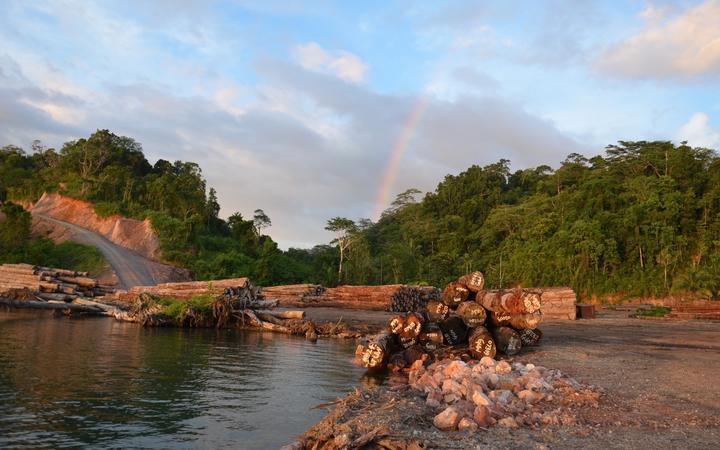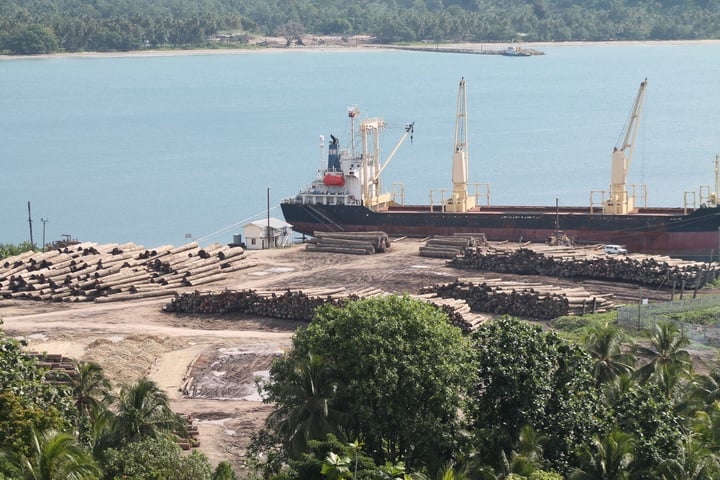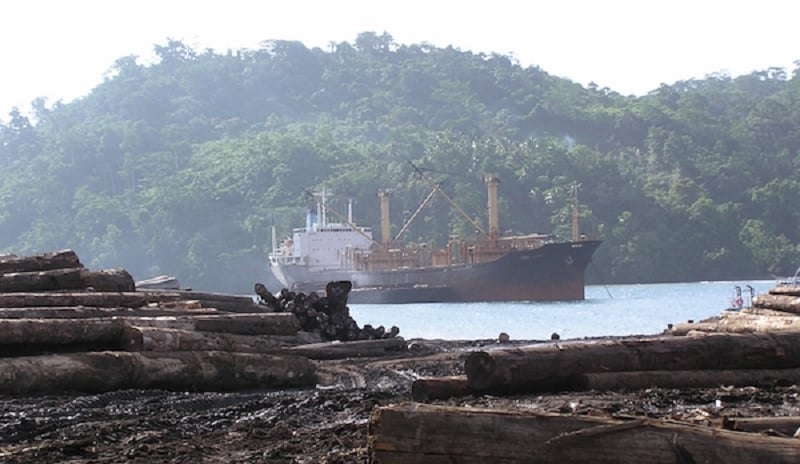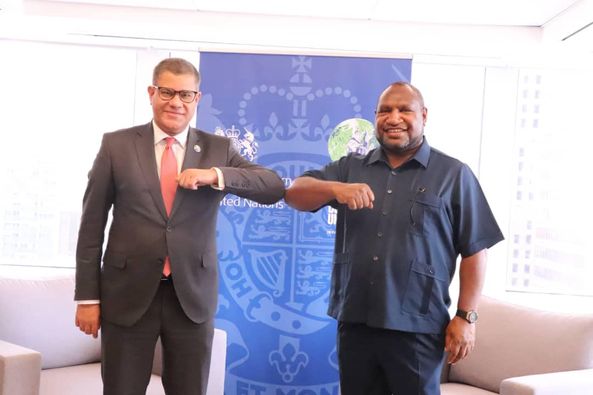Deforestation and conservation have been talked about for years as part of an answer to climate change and while world leaders seem to be finally agreeing to make it happen by the end of the decade, the question of compensation remains.
With Papua New Guinea looking at stopping all large scale logging by 2030, who will be responsible to replace the income to replace that revenue vacuum – about K1 billion? (US$284.9 million).
Minister for Environment Conservation and Climate Change Wera Mori, who is PNG’s special envoy to the COP26 in Glasgow, said: “The collective decision by COP26 to stop deforestation entirely by 2030 is an agenda PNG has always advocated for under the leadership of Prime Minister James Marape.
“It is now a formal Government policy to ban round-logging by 2025 and ban logging entirely by 2030.
“We didn’t know that this would be the position taken up by COP26, here in Glasgow.
“However, this is a blessing in disguise for Papua New Guinea.
“Over the years, these COP summits have become exaggerated, where every year, we collaborate and come up with ideologies to mitigate climate change; yet, nothing practical is being done in addressing global climate issues.”
Mori said COP26 must change.
“It must not be a forum for talking and conceptualising,” he said.
“It must move forward and walk the talk.
“PNG has decided to take action, simply because our landmass covers one per cent of the global landmass and is host to seven per cent of global biodiversity, in terms of marine and territorial landmass.
“For us, it has been quite a challenge because, despite the fact that we host 30 per cent of the remaining primary rainforest, we have become the lungs of this planet, drawing in carbon dioxide, emitted by industrialised countries.
“That has been spelt out in our national determined contribution, which we submitted last 18 Dec, having been one of the first few countries in the world to do so.”
Mori said Papua New Guinea now has all relevant enabling legislation to basically walk along that path.
“The biggest question now is, monetisation of our efforts – how do we get compensated,” asked Mori.
This story was published at The National on 04 November 2021, reposted via PACNEWS.




